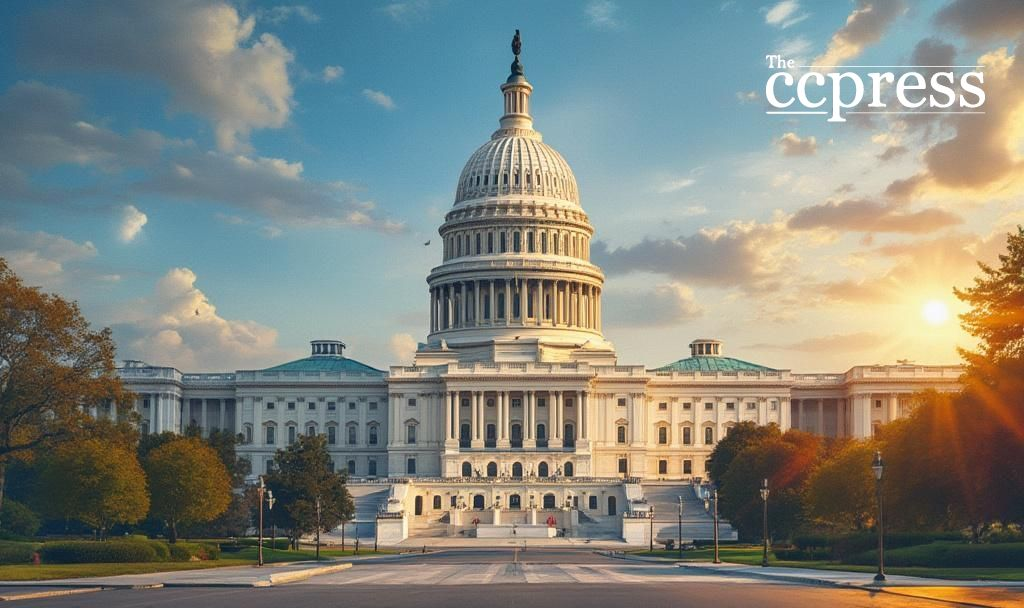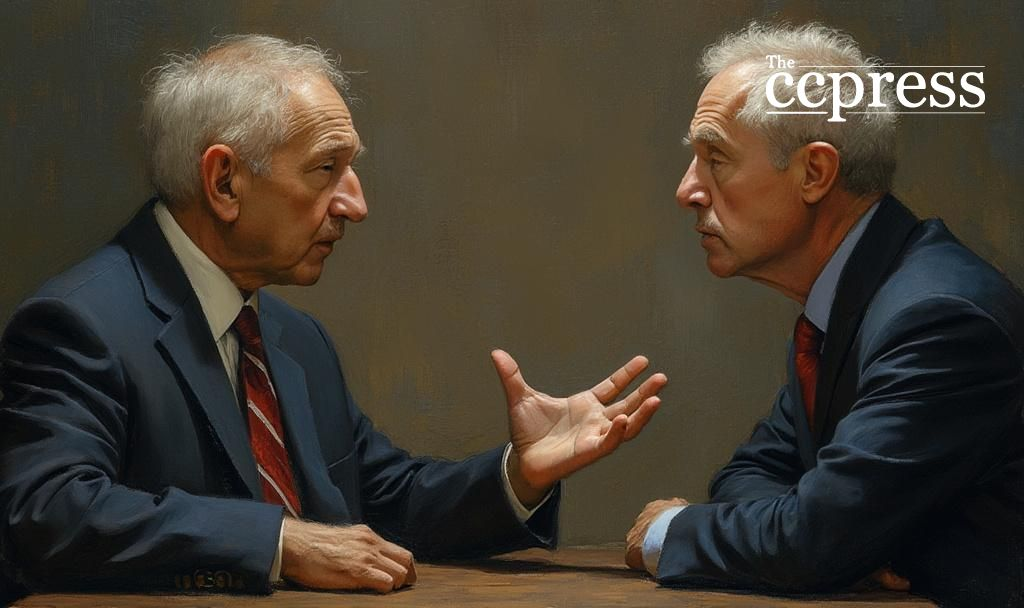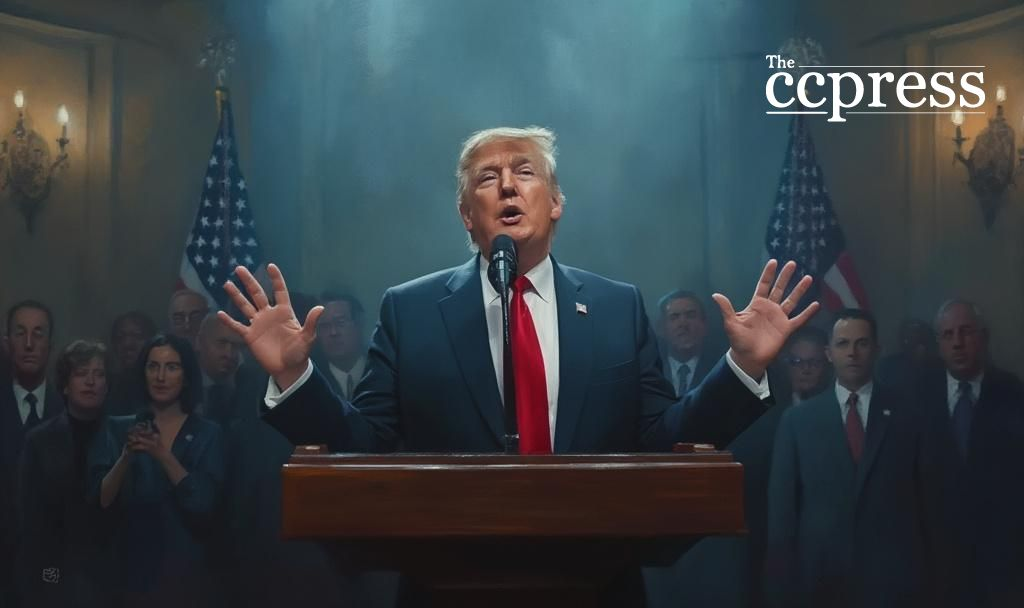- June 2025 marks the first US surplus since 2017, largely driven by customs duties.
- Tariff-driven revenues contribute to a 13% increase in receipts.
- No immediate cryptocurrency market impacts have been observed from the surplus announcement.

The budget surplus is significant as it ends a streak of monthly deficits, influenced largely by a 13% increase in receipts driven by tariffs. No immediate market shifts were observed.
The US Treasury Department reported a $27 billion budget surplus for June 2025, ending years of consistent deficits. The core drivers include increased customs duties resulting from tariffs from the Trump administration. Total receipts rose by 13% year-over-year.
Reverse of Deficits
This reversal was fueled primarily by record $27.2 billion customs duties revenue, which helped boost the total monthly receipts to $526 billion. Spending was reduced by 7% compared to last year, creating a fiscal anomaly.
High Deficit Despite Surplus
Despite this fiscal shift, the US fiscal year-to-date deficit remains high at $1.34 trillion, similar to last year. Current changes have not notably affected major cryptocurrency prices such as BTC or ETH. Janet Yellen, Secretary of the Treasury, commented, “Total Receipts: $526,445 million; Total Outlays: $499,435 million.” This results in a surplus of $27 billion for the period.
Future Forecast
According to Treasury forecasts, customs receipts may reach $300 billion by the end of the year. Preparations for more tariffs targeting various sectors are underway, with no current plans affecting the crypto sector directly.
No significant responses have arisen from cryptocurrency communities on platforms like GitHub or Reddit. The surplus has not stirred notable economic changes within the digital asset ecosystem as of now.
| Disclaimer: The content on The CCPress is provided for informational purposes only and should not be considered financial or investment advice. Cryptocurrency investments carry inherent risks. Please consult a qualified financial advisor before making any investment decisions. |






























